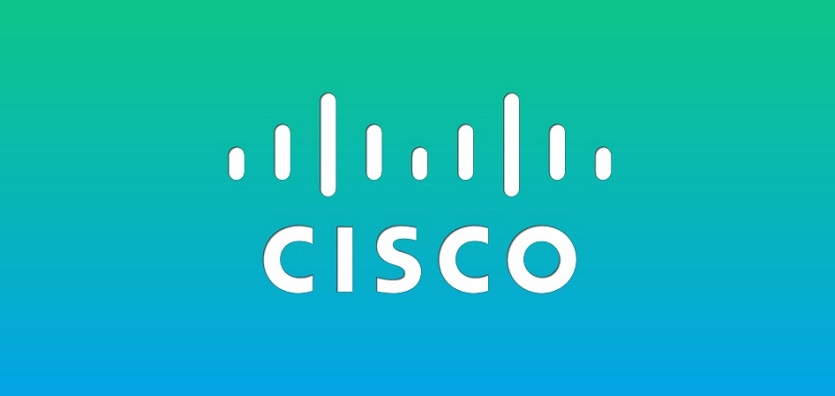
Australia has been ranked one of the most digitally ready nations in the world, however there is more work to be done to accelerate digital capabilities to build societal resilience and bridge the digital divide across Australia, new research from Cisco has found.
The Digital Readiness Index is a global study conducted by Cisco and explores the impact of digitisation, and the factors to support building a digital inclusive society. Released today, the 2020 Cisco Australian Digital Readiness Index is the second iteration of the study for Australia and examines the states and territories against the same criteria, and reveals shifts in digital readiness. The first report was released in Australia in October 2018.
Australia remains among the forefront of digitally transformed nations, with a score of 17.89 out of a possible 25, in the global report that examined 141 countries around the world (Cisco Global Digital Readiness Index 2019). Australia retained its ‘Amplify’ status, ranking 12th in the Index of digitally ready nations, following the additions of Iceland and Luxembourg, and among the United States of America, Singapore, and European nations.
Key state findings include:
- The Australian Capital Territory continues to be the most digitally ready, with a digital readiness score of 17.64, reflective of its compact size and strong skills base in Canberra
- New South Wales moved ahead of Victoria (third place) to claim second place with a score of 15.10, following improved results for the Start-up Environment
- Western Australia retained its fourth place position with gains in its scores for Technology Adoption and Technology Infrastructure
- Tasmania was the standout success story leaping from seventh to fifth place with an improvement in its overall score of 3.35 points (the highest of any state or territory), moving it ahead of South Australia and Queensland due to highest support amongst SMBs and Ease of Doing Business
- Northern Territory continues to score the lowest of the states and territories despite improvements in Business and Government investment
The research determines Digital Readiness by examining seven components:
- Human capital: total labour force, adult literacy rate, population and years of schooling
- Basic needs: life expectancy, mortality rate, sanitation, access to electricity
- Ease of doing business: rule of law, logistics performance, infrastructure rating, time to get electricity
- Technology infrastructure: Infrastructure available to enable digital activities and connected consumers (IoT, Cloud)
- Technology adoption: mobile device penetration, internet usage, cloud services spend forecast, demand for digital services
- Start-up environment: strength of legal rights, time to start a business, venture capital availability
- Business and government investments: foreign direct investment, high-technology exports, government success in ICT promotion, private and public investment in innovation and technology
The score for each component is derived using metrics which have been selected based on their representation of key factors that contribute to each area of readiness and their ability to be compared. Together they create a holistic model that incorporates factors such as community health and education standards and rates of investment and technology uptake.
Continued investment is needed in digital networks and skills for Australia to retain its place at the top of the table and even the playing between states and territories.
Ken Boal, Vice President of Cisco Australia and New Zealand, said, “Digital readiness is a defining characteristic of successful 21st century societies. It describes the level of capability that a society possesses for extracting value from digital technology and its capacity to share those benefits equitably. Understanding our digital readiness at a country, state and territory level provides further understanding and supports decision making in key areas where further investment or acceleration of capabilities may be required.”
“When we released the first Cisco Australian Digital Readiness Index in 2018 it was an opportunity to applaud the hard work that had led to Australia ranking amongst the top 10 most digitally ready countries globally, and to encourage business and government leaders to double down on their investments to maximise future returns.
“Two years later the value of those investments have been repaid many times over and has provided Australia with a robust and comprehensive digital capability that has been essential for navigating through the COVID-19 crisis and building economic recovery post-pandemic.
Mr Boal said, “However, it is important that we don’t become complacent with Australia’s digital readiness. This report highlights the need for accelerating new investment to improve Australia’s global competitiveness to keep up with competitor nations and bridge the divide between states and territories to build societal resilience. Digitally advanced countries such as Singapore, which ranked first in the global Index this year, should help Australia to set the ambition for its digital readiness.”
Tim Fawcett, Director of Government Affairs, Cisco Australia and New Zealand, said: “Great efforts have been made by each state to improve their digital readiness and capabilities, however, growing digital divides within and between states need to be addressed for Australia to really unleash all its digital potential. Government, Industry and Academia will have a key role to play in empowering our country to become a global digital leader, and build resilience for our economy.”
Download a copy of 2020 Cisco Australian Digital Readiness Index.





